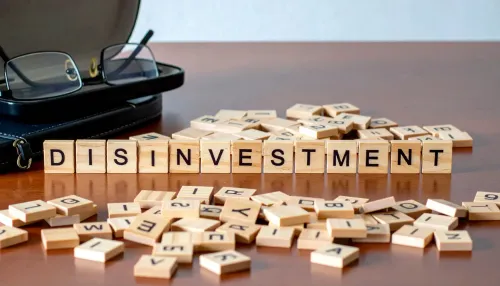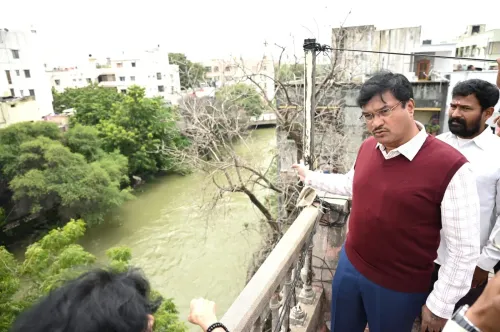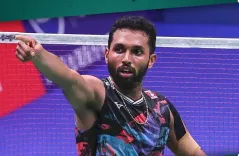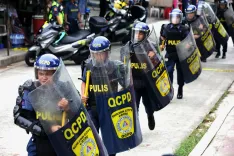Are Over 70 Percent of H-1B Visas Going to Indians Amid New Rules?
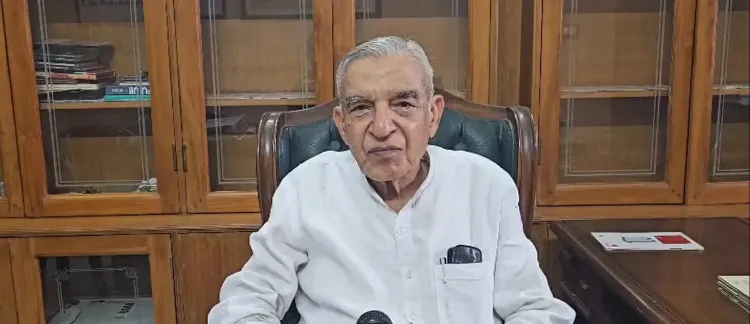
Synopsis
Key Takeaways
- Over 70% of H-1B visas are issued to Indians.
- New visa regulations may hinder Indian professionals’ opportunities.
- Trade talks should not compromise Indian agriculture.
- Negotiations must prioritize Indian interests.
- Trump's policies have raised concerns regarding bilateral relations.
Chandigarh, Sep 21 (NationPress) Former Union Minister and Congress leader Pawan Kumar Bansal has expressed strong disapproval of the recent stringent regulations imposed by the United States on H-1B visas. He argues that these changes will adversely affect Indian professionals and students, while simultaneously harming the U.S. economy. Speaking to IANS, Bansal highlighted that for many years, the U.S. has welcomed talented individuals, especially from India, to work, study, and enhance its economic landscape.
“Historically, America has invited skilled professionals in areas such as IT, medicine, architecture, and engineering to bolster its economy. However, by increasing the cost of education and work permits, they are counteracting those efforts,” he stated.
Bansal pointed out that a staggering 70 percent of H-1B visas are allocated to Indians, who have significantly contributed to the growth of the American economy.
“Our citizens have been instrumental in enhancing their economy for years. With the new restrictions, fewer Indians will have the opportunity to migrate, which will adversely impact our youth and ultimately the U.S. as well, given their shortage of skilled labor,” he asserted.
Additionally, he criticized U.S. President Donald Trump, under whose administration the visa conditions have tightened.
“Trump has previously referred to Prime Minister Modi as a good friend, and Modi reciprocated, but the decisions made have not been in favor of Indian interests. He has imposed tariffs on nearly 50 percent of Indian goods, which has created significant challenges for our manufacturers,” Bansal mentioned.
The Congress leader urged caution regarding any agricultural concessions during forthcoming trade discussions with Washington.
“The U.S. provides substantial subsidies to its farmers. If their subsidized products—such as watermelons and melons—enter our market freely, it will be detrimental to Indian agriculture. We cannot jeopardize our farming sector for them,” he cautioned.
Bansal advocated for firm yet fair negotiations, emphasizing that India must engage with the U.S. without succumbing to pressure.
“Dialogue must persist, but India should remain steadfast. We need to protect our skilled youth and farmers from unjust policies,” he concluded.
He also remarked on Trump’s unpredictability, stating, “No one can foresee his actions. On one hand, he praises India and PM Modi, and on the other, he undermines Indian interests.”

